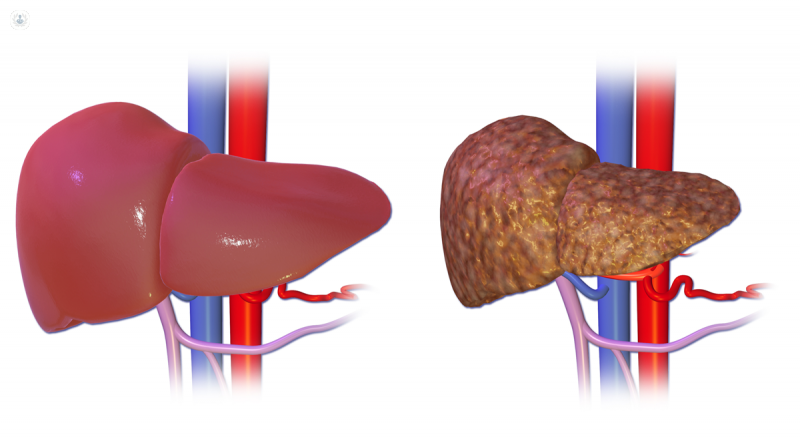


What is hepatology?
The word ‘hepatology’ comes from the Ancient Greek ‘hepar’ or ‘hepato’, meaning ‘liver’; and ‘ology’, referring to the study of a particular. Hepatology as a medical specialty concerns the study of the liver, gallbladder, pancreas, and biliary ducts, and the management of related disorders. Hepatologists may also be referred to as ‘liver specialists’.

What subspecialties are included under hepatology?
Over the years, hepatology has evolved from being considered as a subspecialty of gastroenterology, to a specialty within its own right. Gastroenterology focuses on the entire digestive system and related disorders, including study of the colon, anus, intestine, stomach, and liver, among other organs and functions, while hepatology focuses primarily on the liver.
Hepatology is a rapidly expanding field, thanks to further understanding of the ‘subspecialty’ itself, and medical advances in the treatment and study of the liver. As it has only recently gained understanding as its own separate specialty, there are few official offshoots from it as a whole, though paediatric hepatology is a notable area of study.
What conditions does a hepatologist treat?
Liver specialists treat conditions affecting the liver, in addition to the diagnosis and treatment of conditions affecting the biliary systems (e.g the pancreas, biliary ducts, and gallbladder). Some conditions a hepatologist would treat include:
- Alcohol damage to the liver
- Cirrhosis
- Liver disease
- Fatty liver disease
- Hepatitis
- Liver cancer
- Gallstones
- Pancreatitis
Hepatologists will also often monitor patients undergoing liver surgery, both pre-operation and post-operation. They may also refer patients for liver surgery if they deem it necessary.
When should I see a hepatologist?
You may be referred to see a hepatologist if you have an ongoing liver problem, such as alcohol damage, cirrhosis, fatty liver disease, or hepatitis. You also may be referred to a hepatologist if your GP decides you need a FibroScan, which is a special test used as an alternative to a liver biopsy. This is a test which can measure the level of hepatic fibrosis and the quantity of liver fat. FibroScan is non-invasive, meaning the amount of damage to the liver is assessed without any samples being removed.